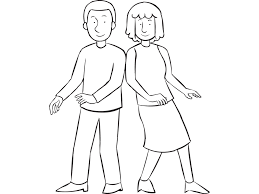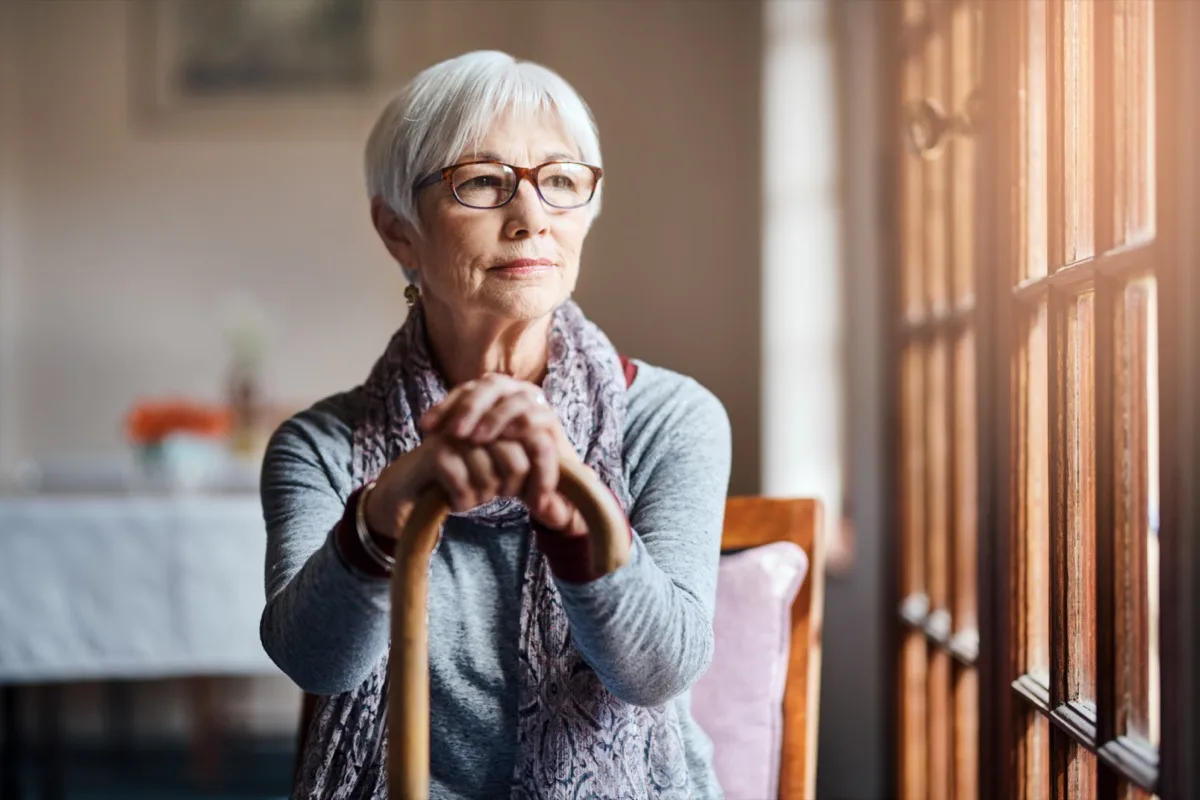
The Australian Institute of Family Studies (AIFS) has released its research into the rate of Australian divorces. While the rate of divorces for all age groups has remained constant, if not, actually decreasing slightly, the rate of divorce for older couples (over 65 years) and long-term marriages (over 20 years) is steadily increasing.
Divorces
The crude divorce rate (divorces per 1,000 Australian residents) was 2.2 divorces per 1,000 residents in 2021, up from 1.9 in 2020. The total number of divorces granted in 2021 was 56,244, the highest number of divorces recorded since 1976. However, this high number (and therefore also the crude divorce rate) was affected by administrative changes that have enabled divorces to be finalised in a reduced time frame. For this reason, the Australian Bureau of Statistics (ABS) cautions about comparing the 2021 divorce statistics to those of earlier years.1
Since the 1990s the crude divorce rate has trended downward, reaching a low of 1.9 per 1,000 residents in 2016, 2019 and 2020. The higher 2021 figure disrupts the trend over recent years, although, as noted above, the break in series may be due to changes in administrative arrangements.
After very low rates in the first half of the twentieth century, the crude divorce rate rose in the 1960s and 1970s. It peaked at 4.6 per 1,000 resident population after the introduction of the Family Law Act 1975 (Cth), which came into operation in January 1976 and allowed no-fault divorce. As some long-term separations were formalised and some divorces that had been filed in the previous years were brought forward, this contributed to the steep rise in the number of divorces in 1976.
Between 1986 and 1996, age-specific divorce rates increased across all age groups for both men and women.
From 1996 to 2016, while the divorce rate overall declined, the trends in divorce rates differed between younger and older age groups: falling for men under 45 years and women under 40 years increasing for men aged 50 years and older and women aged 45 years and older.
Between 2016 and 2021, the age-specific divorce rate increased for all age groups of men and women but, as noted above, this may simply indicate that the administrative changes affected the processing of divorces across all age groups.
The trends in divorce discussed above apply only to married couples and do not capture the extent to which people in cohabiting relationships separate over time. Research indicates that cohabiting relationships are more likely than marriages to end in separation, particularly when cohabitating couples have not otherwise gone on to marry (Hewitt & Baxter, 2015; Qu, Weston, & de Vaus, 2009).
At what age are couples divorcing?
The median age of men and women rose between the early 1980s and recent years, which is largely attributed to trends in people marrying later as well as more divorces involving longer marriages (see the discussion on marriage duration below).
The upward trend in the median age of divorce has stalled since 2018. In 2021 the median age at divorce was 45.9 for males and 43.0 for females, similar to the median ages in 2018 and 2019 (45.9 for males and 43.1 for females for both the years).
Median age at divorce in 2021 – Overall, the median age at divorce has been rising since the 1980s; 43.0 years for females and 45.9 years for males.
Duration of marriage to divorce
The largest proportion of couples separating and then divorcing were married for nine years or less. In 2021, 56% of separations and 41% of divorces were couples in this category. This showed little change from 2020.
Couples who had been married for 20 or more years made up more than one-quarter of divorces in 2021. In the 1980s and 1990s these couples made up a smaller proportion, at around one in five divorces.
The median duration of marriage to divorce for divorcing couples over the last decade (2011–21) was between 12 and 12.2 years, and the median duration of marriage to final separation was 8.3 to 8.7 years. In other words, it took 3–4 years from separation for divorcing couples to finalise their divorce.
What about the children?
The proportion of divorces involving children under 18 years has fallen since the 1970s, from 68% in 1975 to 47% in 2014. It has remained at around this percentage in recent years, shifting slightly higher, to 48%, in 2021. The general declining trend is partly due to the rise in divorces of long-term marriages where children are already grown up. An overall decline in the fertility rate and a rise in childlessness may also contribute to the fall in the proportion of divorces involving children.
It is also important to note that divorce statistics do not include separations of cohabiting couples with or without children. Research suggests that cohabiting couples with children were more likely than married couples with children to separate (Qu & Weston, 2012).
Divorces of same-sex marriages
Same-sex marriages were included in the marriages data for the first time in 2018, following the Amendments to the Marriage Act 1961 that allowed same-sex couples to legally marry in Australia and came into effect on 9 December 2017. Divorces of same-sex couples were recorded for the first time in 2021.
There were 473 divorces granted for same-sex couples, representing 2.5% of all same-sex marriages registered between 2018 and 2021.
There were 306 divorces of female same-sex couples and 167 divorces of male same-sex couples between 2018 and 2021, representing 2.9% of female same-sex marriages and 2.3% of male same-sex marriages registered in that period.
To read the entire article, go to: https://aifs.gov.au/research/facts-and-figures/divorces-australia-2023.
References
Australian Bureau of Statistics (ABS). (various years). Divorces Australia (Catalogue No. 3307.0, 3307.0.55.001). Canberra: ABS.
Australian Bureau of Statistics. (various years). Marriages and Divorces Australia. Canberra: ABS.
Australian Bureau of Statistics. (1980). Social Indicators 1980 (Catalogue No. 4101.0). Canberra: ABS.
Hewitt, B., & Baxter, J. (2015). Relationship dissolution. In G. Heard & D. Arunachalam (Eds.), Family formation in 21st Century Australia. Dordrecht: Springer.
Qu, L., & Weston, R. (2012). Parental social marital status and children’s wellbeing. (Occasional Paper No. 46). Canberra: Department of Social Services.
Qu, L., Weston, R., & de Vaus, D. (2009). Cohabitation and beyond: The contribution of each partner’s relationship satisfaction and fertility aspirations to pathways of cohabiting couples. Journal of Comparative Family Studies, 40(4), 585–601.
1 ABS (2021) stated: ‘The Federal Circuit and Family Court of Australia have advised that the high number of divorces finalised in 2021 is in part related to administrative changes to increase finalisations and reduce time frames. These changes enabled the finalisation of more applications for divorce than previous years and allowed the court to reduce backlogs by finalising more divorce applications in the year than were received. This constitutes a break in time series and any comparison with earlier years should be made with caution.’
